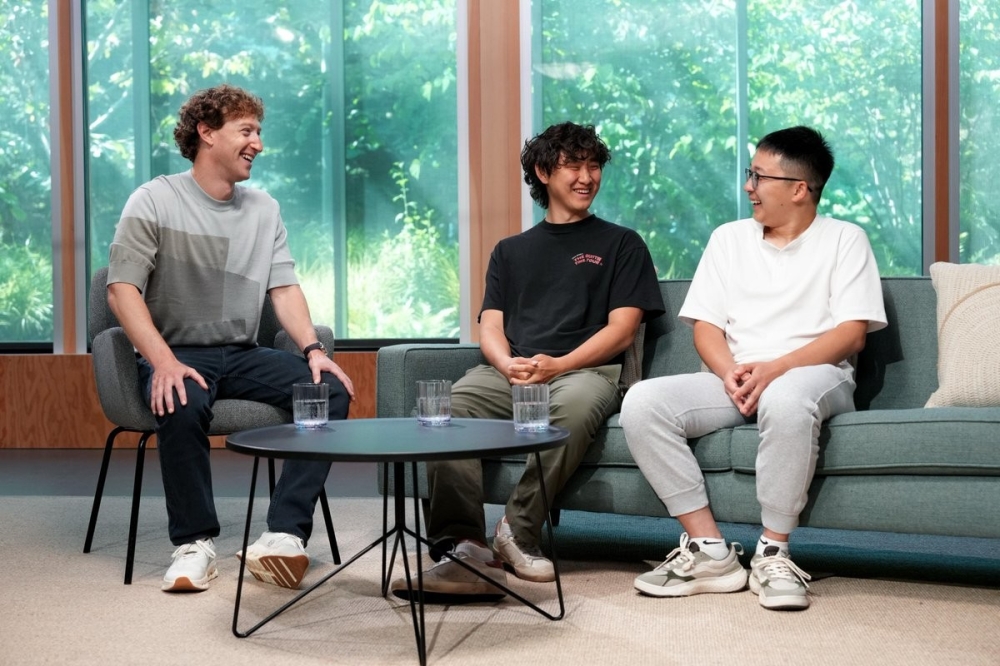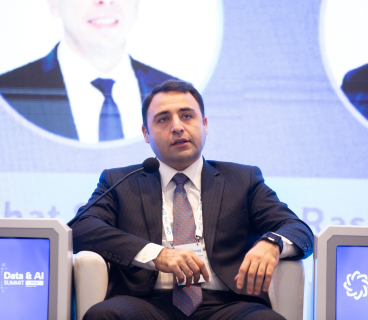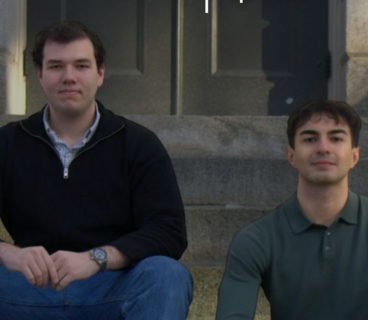Meta CEO Mark Zuckerberg announced on the Threads social platform that renowned AI researcher and former OpenAI employee Shengjia Zhao has been appointed Chief Scientist of Meta Superintelligence Labs (MSL). Zhao was a key contributor to several large-scale projects at OpenAI, including ChatGPT, GPT-4, and the first AI reasoning model, o1.
Zuckerberg stated:
“Shengjia Zhao has been our lead scientific director from day one. As our team has taken shape, we have decided to formalize his leadership role.”
The newly established Meta Superintelligence Labs aims to push the boundaries of artificial intelligence and is central to Meta’s future strategy. The lab’s overall leadership is entrusted to Aleksandr Wang, former CEO of Scale AI, who lacks a research background. Zhao’s appointment as chief scientist is intended to support Wang’s leadership from a technical and strategic perspective.
MSL has already attracted top researchers from leading AI companies such as OpenAI, Google DeepMind, Safe Superintelligence, Apple, and Anthropic. Additionally, scientists from Meta’s Fundamental AI Research (FAIR) lab and generative AI teams have joined the new lab.
Zuckerberg noted that Zhao worked on a “new scaling paradigm” at OpenAI, likely referring to his contributions to the o1 reasoning model. Currently, Meta does not have a direct competitor in this field, making AI reasoning model development a key priority for MSL.
Meta’s efforts to gain an edge in AI are not limited to talent acquisition. The company plans to deploy a 1-gigawatt cloud computing cluster called “Prometheus” in Ohio by 2026. This infrastructure will enable MSL to conduct large-scale model training runs. For context, 1 gigawatt of energy can power more than 750,000 homes.
With Zhao’s appointment, Meta now has two chief AI scientists: Zhao (MSL) and Yann LeCun (FAIR lab). LeCun leads long-term AI research focused on techniques that may be applied 5 to 10 years from now. In contrast, MSL is focused on developing advanced AI models that deliver results in the nearer term. How these two labs will collaborate remains unclear.







